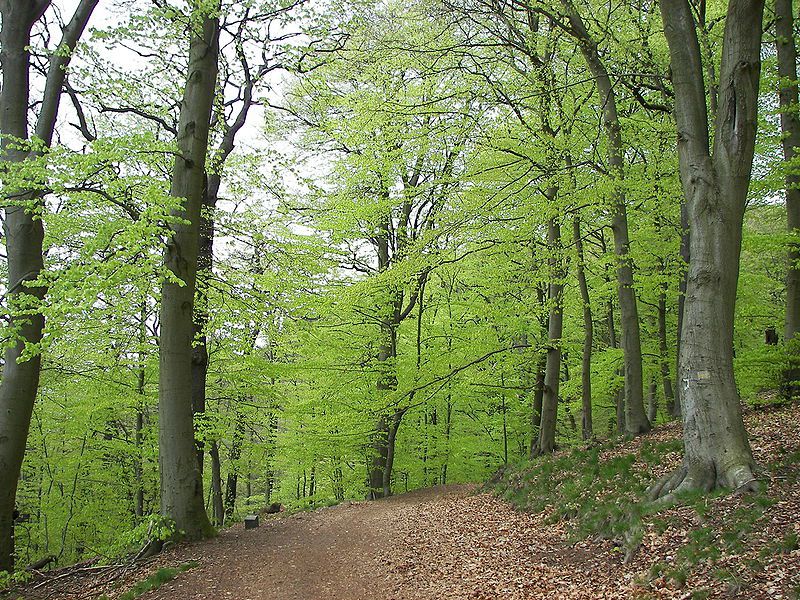-
 Carpal
Carpal
-
 Paranthropus
Paranthropus
-
 Pan
Pan
-
 Blood group
Blood group
-
 Filter
Filter
-
 Vitamin D
Vitamin D
-
 Standard
Standard
-
 BitTorrent Tracker
BitTorrent Tracker
-
 GSM
GSM
-
 Songbird
Songbird
-
 Gradualism
Gradualism
-
 Chemotaxis
Chemotaxis
-
 Token
Token
-
 Perigranitic
Perigranitic
-
 Albinos
Albinos
-
 Calculus
Calculus
-
 Relative permittivity
Relative permittivity
-
 Invertebrate
Invertebrate
-
 Neoproterozoic
Neoproterozoic
-
 Spreadsheet
Spreadsheet
-
 Data link
Data link
-
 Channel
Channel
-
 Condensation
Condensation
-
 Red List of Threatened Species in France
Red List of Threatened Species in France
-
 MIDI
MIDI
-
 Auricles
Auricles
-
 Mineralogical class
Mineralogical class
-
 Prehensile
Prehensile
-
 Chandrayaan-1
Chandrayaan-1
-
 Heliosphere
Heliosphere
Common beech
The common beech is a slender tree that can reach a height of 30 to 50 metres, it is robust and majestic. After the oak, it is the most widespread deciduous tree in France.

The common beech. © Donarreiskoffer GNU Free Documentation License version 1.2
Names
The common beech (Fagus sylvatica), belongs to the Fagaceae family and is also called the "European beech".
Botanical description
The common beech's crown is large and branchy, with plagiotropic branches (branches that grow horizontally). Its bark is thin, smooth and light grey. Its leaves measure 10 centimetres and are alternate, petioled, oval with pubescent and wavy edges, sometimes even a little crenelated.

Common beech fruit. © Velela public domain
It flowers between April and May, producing yellow male flowers in the form of small pedunculate catkins with a velvety fuzziness. Its female flowers are green with a short peduncle, forming separate groups. Its triangular fruit, called beechnuts, are achenes grouped into fours in a woody cup.
Origins
This species grows especially in Central Europe.
Growing conditions
This species does not have any special preference for soil type, and can grow in calcareous, siliceous, rich or poor soils. On the other hand, it prefers shade. It needs atmospheric humidity, but does not like excessively humid land. It is sensitive to intense cold and very hot weather. It prospers in both plains and mountains.
Use
In the past, an edible oil was extracted from beechnuts, which were also an important source of food for pigs. Its wood has a high economic value. A rosy white colour, heavy, hard and consistent, the wood is excellent for joinery and cabinet making, as well as for heating.
Author: Michel Caron
 A forest of common beech. © Nikanos licence Creative Commons Attribution - Share Alike 2.5 generic
A forest of common beech. © Nikanos licence Creative Commons Attribution - Share Alike 2.5 generic
Latest
Fill out my online form.



